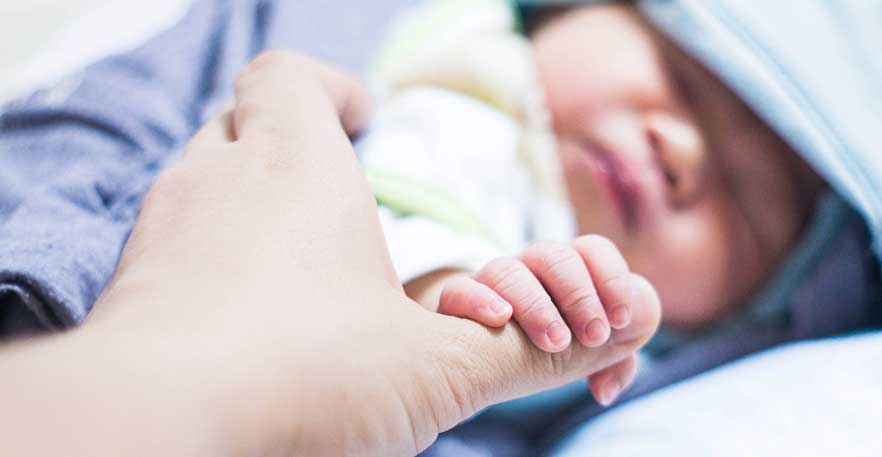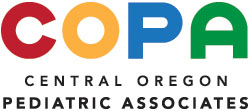
Circumcision
Circumcision
Many families have questions about circumcision in newborn boys. Read more from the American Academy of Pediatrics regarding the benefits and other factors to consider.
We’re happy to answer all your questions, share our thoughts, provide expertise and counseling regarding this important decision. Feel free to discuss your thoughts with your pediatrician while you’re in the hospital, or give us a call before or after the baby is born.
Because insurance coverage varies, please contact us at 541-389-6313 to get specific information about the cost of circumcision.
![]() Do you need the
Do you need the
Oregon Health Plan?
Frequently Asked Questions
Q: Is there a health or hygiene benefit to having him circumcised?
A: Fundamentally, it is easier to keep a circumcised penis clean in infants and young boys. Medical issues such as irritation, inflammation, and infection tend to be more common in uncircumcised males. However, boys do learn over time how to clean an uncircumcised penis thoroughly usually some time before age 5.
Q: Is it covered by insurance?
A: A few insurance companies do not cover the costs of circumcision. Contact your insurance company or ask your pediatrician to determine costs.
Q: When is it performed?
A: Circumcisions are encouraged at 3 – 5 days after birth due to less bleeding and the ability to soothe the baby. We can do the procedure up to about one month of age, however, the upper age limit depends upon the provider. Circumcision after the first month of life can be a more complicated procedure and may require general anesthesia for the comfort and safety of your child.
Q: Are circumcisions performed at the hospital?
A: Circumcisions are performed at both pediatric clinics and hospitals. However, the cost of having the procedure done at a hospital may be substantially higher, depending on insurance coverage. A COPA pediatrician will perform the circumcision in our safe and clean procedure rooms in all our clinics.
Q: Does it hurt?
A: There is some pain involved. However, the American Academy of Pediatrics recommends doctors use a local anesthetic to eliminate pain during the process. And, when it’s performed in the first week of life, the child is more easily comforted. After the circumcision, any pain can be easily treated with mild pain relievers such as Tylenol.
Q: After the circumcision, how do I care for the cut?
A: Your doctor will provide specifics on how to wash and care for the site until it heals. It’s very similar to caring for a small cut. If you have questions or concerns any time day or night, COPA offers our patients a 24/7 Nurse Advice Line at 541-389-6313.
Q: Are there any risks in having a circumcision?
A: As with any procedure, there are some risks. These risks are small, but you should be aware of both the possible advantages and the problems before you make your decision. Complications of newborn circumcision are uncommon, occurring in between 0.2% to 3% of cases. Of these, the most frequent are minor bleeding, possible infection or improper healing, all of which can be prevented with good care and easily treated by your doctor. Your doctor will review possible risks before performing the circumcision.
